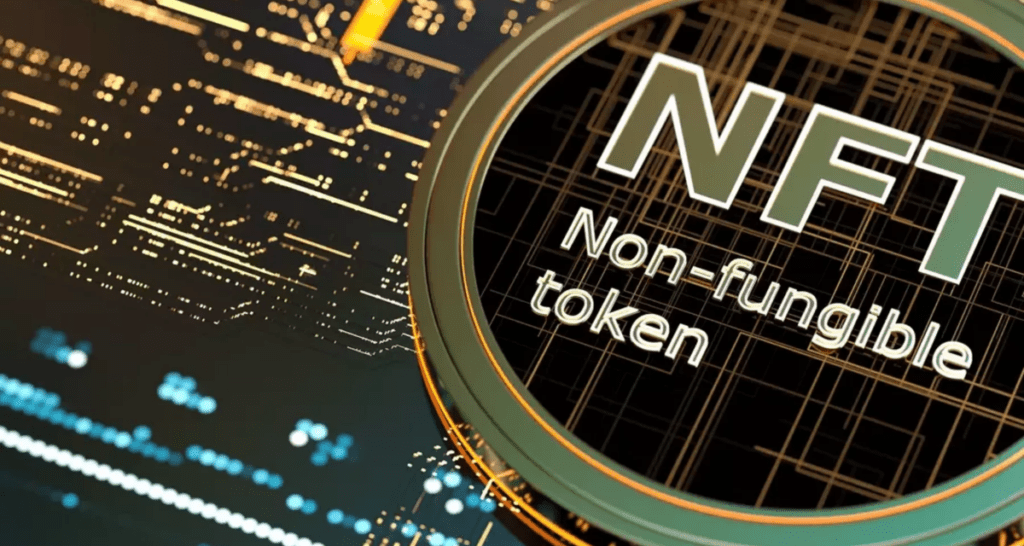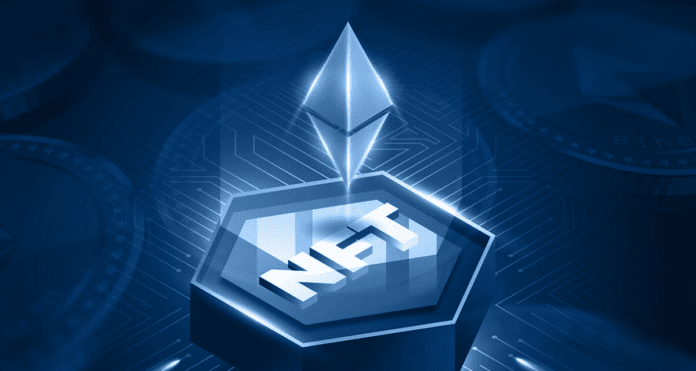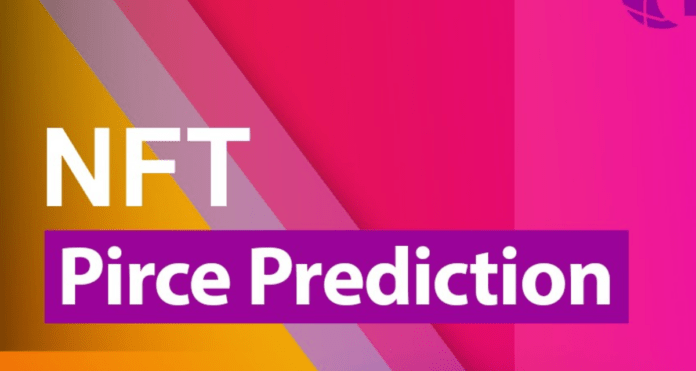In the world of blockchain technology, non-fungible tokens (NFTs) have taken the spotlight as a revolutionary concept. NFTs are unique digital assets that can represent ownership or proof of authenticity for various types of digital or physical items. Since their inception, NFTs have found diverse and intriguing use cases across different industries. In this article, we will delve into the exciting world of NFT use cases and explore the endless possibilities they offer.
NFT Use Cases in Art and Collectibles
NFTs in Digital Art
Digital art has gained immense popularity in recent years, and NFTs have provided a new way for artists to monetize their creations. By tokenizing their artwork, artists can sell unique digital assets directly to collectors, eliminating intermediaries and ensuring authenticity. NFTs allow artists to retain control over their creations and earn royalties every time their artwork is sold on secondary markets.
Collectible Items and Virtual Worlds
NFTs have found a natural fit in the world of collectibles. From virtual trading cards to virtual real estate, NFTs enable the creation and ownership of unique virtual assets. Virtual worlds, such as Decentraland and Cryptovoxels, allow users to buy, sell, and trade NFT-based virtual assets, fostering vibrant economies and communities within these platforms.
NFT Use Cases in Gaming
In-Game Assets and Ownership
NFTs are revolutionizing the gaming industry by introducing true ownership of in-game assets. Traditionally, players invest time and money into acquiring virtual items that are locked within game ecosystems. With NFTs, players can buy, sell, and trade their in-game assets freely, both within and outside of specific games. This opens up a whole new world of possibilities for gamers, allowing them to truly own and monetize their virtual possessions.
Play-to-Earn Games
NFTs have given rise to a new category of games known as play-to-earn. In these games, players can earn valuable NFTs and cryptocurrency by participating and achieving in-game objectives. This innovative model disrupts traditional gaming dynamics and provides players with a direct way to monetize their skills and time spent in virtual worlds.
NFT Use Cases in Music and Entertainment
Tokenized Music and Royalties
The music industry has seen tremendous benefits from NFTs. By tokenizing music, artists can sell unique digital albums, tracks, or concert tickets directly to fans. NFTs enable artists to retain control over their intellectual property and earn royalties whenever their music is streamed or resold. Additionally, NFTs can unlock exclusive perks and experiences for fans, creating new revenue streams and deepening fan engagement.

Authenticity and Memorabilia
NFTs have also found their way into the world of entertainment memorabilia. Through tokenization, collectors can own digital representations of iconic movie props, costumes, or sports memorabilia. This provides a new level of authenticity and provenance, reducing the risk of counterfeit items in the market.
NFT Use Cases in Real Estate and Virtual Land
Fractional Ownership of Real Estate
NFTs have the potential to revolutionize the real estate industry by enabling fractional ownership. Through tokenization, investors can purchase fractional shares of properties, unlocking access to real estate markets that were previously out of reach. NFTs provide transparency, immutability, and liquidity, making real estate investments more accessible and inclusive.
Virtual Land and Metaverses
Virtual land has emerged as a popular NFT use case, particularly in the context of metaverses. Metaverses are immersive virtual worlds where users can interact, socialize, and create their own experiences. NFT-based virtual land allows users to own, build upon, and monetize their virtual properties, paving the way for a new digital economy and endless creative possibilities.
NFT Use Cases in Intellectual Property
Proof of Authenticity and Ownership
NFTs provide a secure and immutable way to establish authenticity and ownership of intellectual property. From patents to trademarks, NFTs can serve as digital certificates, providing verifiable proof of ownership. This has the potential to streamline copyright processes, reduce disputes, and simplify licensing agreements.
Tokenizing Domain Names and Web Assets
NFTs have extended their reach to the domain name industry. Instead of traditional domain names, NFT-based domain names offer unique ownership and the potential for increased value over time. Additionally, NFTs can be used to tokenize web assets such as websites or digital content, allowing for seamless transfer of ownership and monetization opportunities.
Conclusion
Non-fungible tokens have unlocked a world of possibilities across various industries. From art and collectibles to gaming, music, real estate, and intellectual property, NFTs have disrupted traditional models and opened up new avenues for creators, artists, gamers, and investors. As the technology continues to evolve, we can expect even more innovative use cases for NFTs in the future.
FAQs (Frequently Asked Questions)
1. What are the advantages of using NFTs in the art industry?
NFTs bring several advantages to the art industry. Firstly, they enable artists to retain control over their creations and earn royalties on secondary market sales. Additionally, NFTs provide verifiable proof of ownership and authenticity, reducing the risk of counterfeits. Lastly, NFTs eliminate intermediaries, allowing artists to sell directly to collectors and fans.
2. How can NFTs benefit gamers?
NFTs provide gamers with true ownership and control over their in-game assets. This means that players can buy, sell, and trade their virtual possessions freely, both within and outside of specific games. Furthermore, play-to-earn games offer players the opportunity to earn valuable NFTs and cryptocurrency by participating and achieving in-game objectives.
3. Can NFTs be used for fractional ownership of real estate?
Yes, NFTs have the potential to enable fractional ownership of real estate. By tokenizing properties, investors can purchase fractional shares, making real estate investments more accessible and inclusive. NFTs provide transparency, immutability, and liquidity to the real estate market, revolutionizing traditional ownership models.
4. How do NFTs establish authenticity and ownership of intellectual property?
NFTs serve as digital certificates that establish authenticity and ownership of intellectual property. By tokenizing patents, trademarks, or copyrighted works, creators can prove their ownership in a secure and verifiable manner. This has the potential to streamline copyright processes and simplify licensing agreements.
5. What are some potential use cases for NFTs in the music industry?
In the music industry, NFTs can be used to sell unique digital albums, tracks, or concert tickets directly to fans. They enable artists to earn royalties on streaming and secondary market sales, as well as provide exclusive perks and experiences to fans. NFTs also offer a new way to authenticate and monetize music memorabilia.
6. Can NFTs be used to tokenize web assets?
Yes, NFTs can be used to tokenize web assets such as domain names, websites, or digital content. NFT-based domain names offer unique ownership and potential value appreciation. Tokenizing web assets allows for seamless transfer of ownership and opens up new monetization opportunities.

